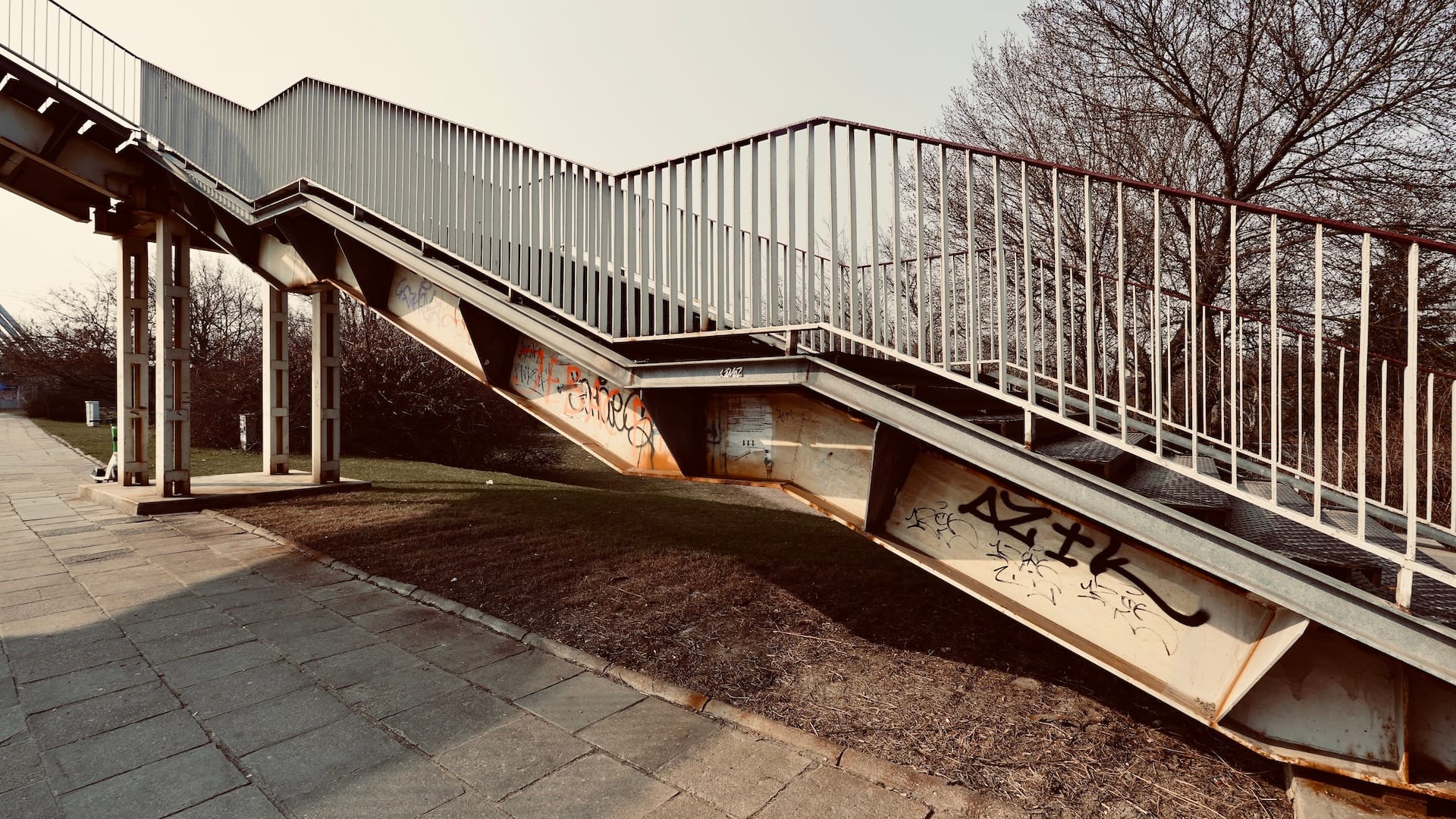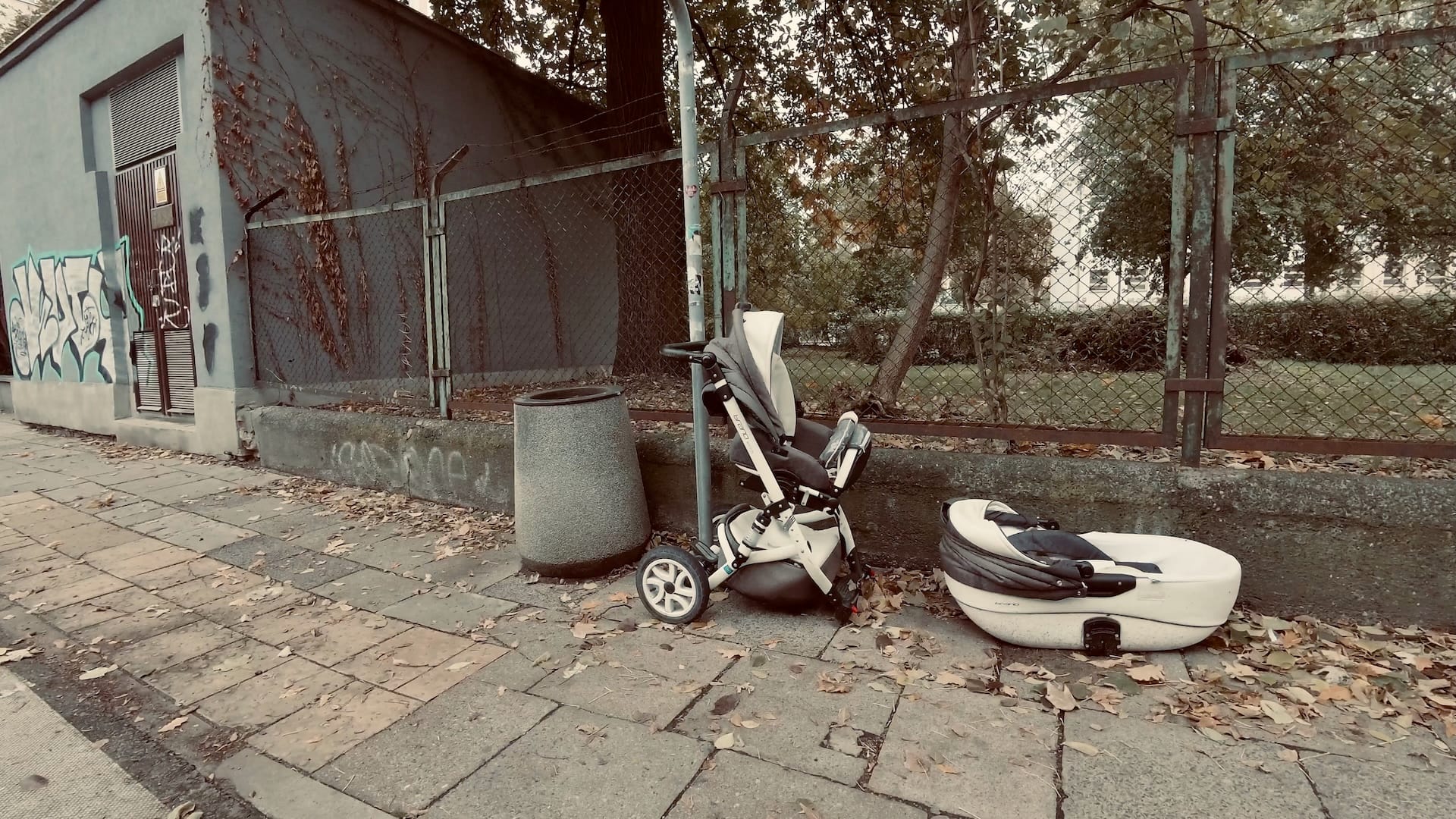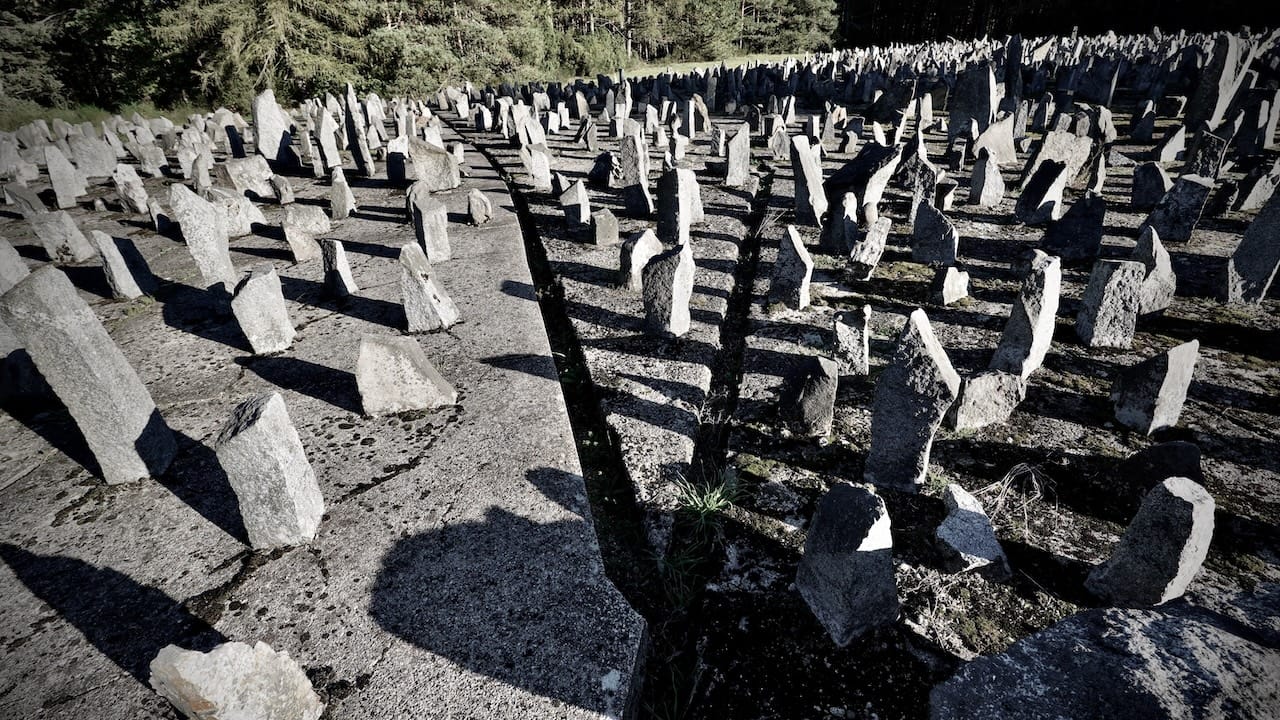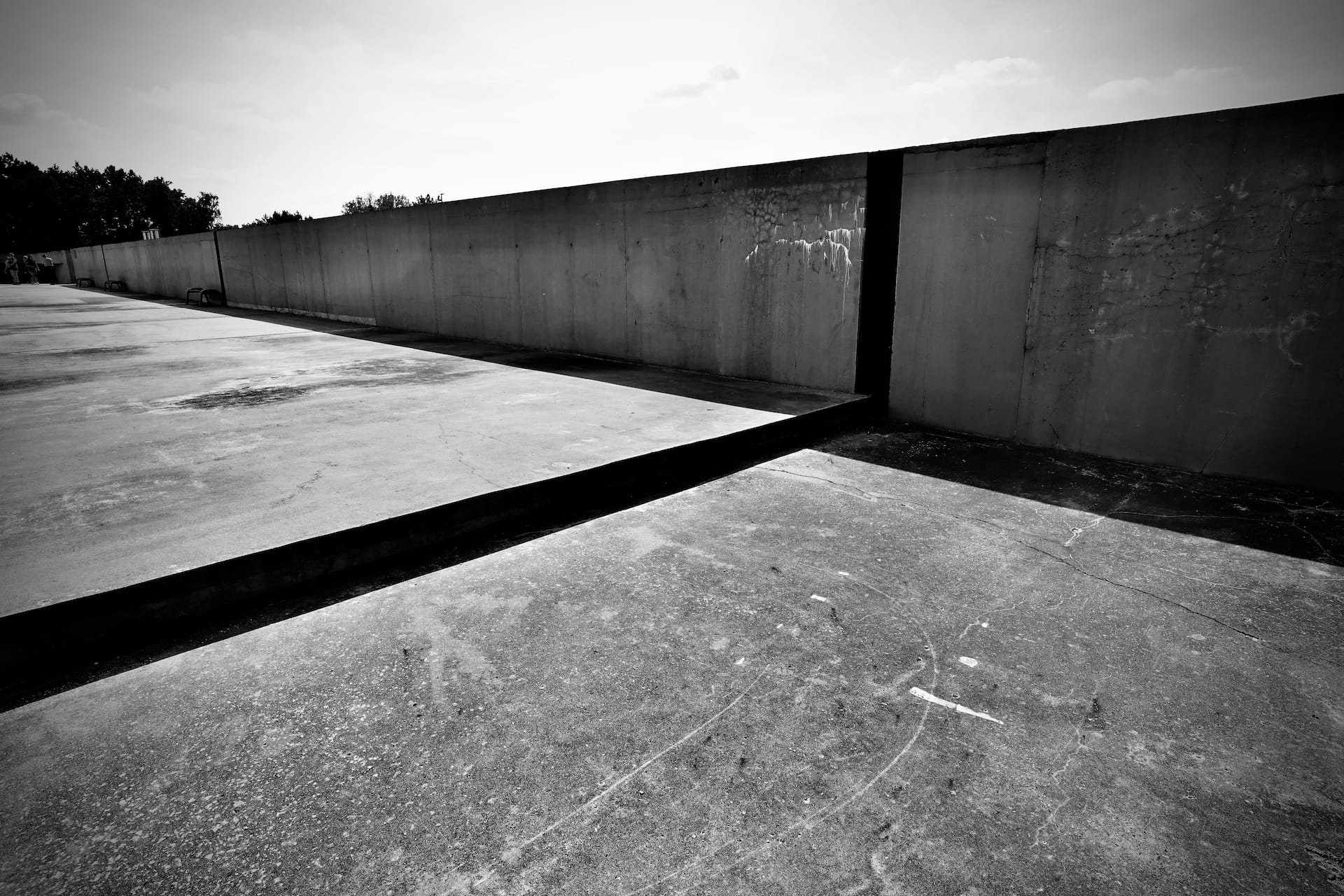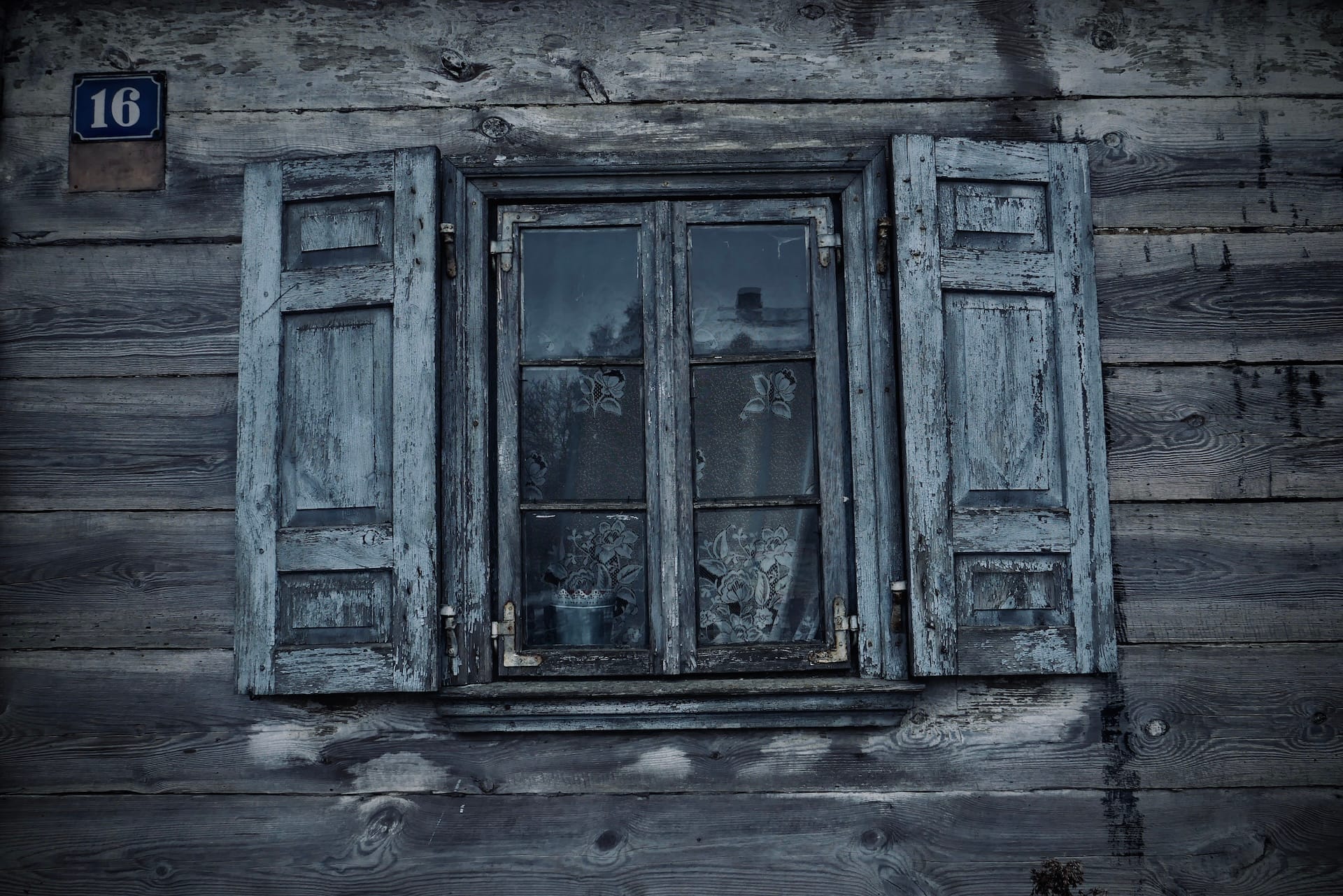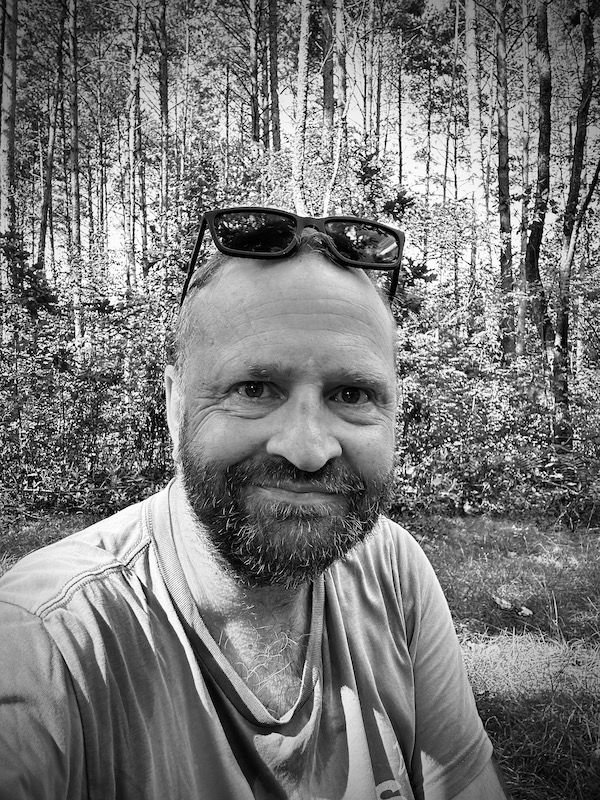History leaves impressions on landscapes that time slowly erases. Today, anyone walking the route from Warsaw's Umschlagplatz along the railway tracks to the outskirts of the city might notice little more than ordinary urban scenes gradually giving way to countryside. The rails, renovated and modernized, carry commuters and travellers on their daily journeys.
Yet this same path once witnessed one of humanity's darkest chapters. Between 1942 and 1943, these tracks formed part of the final journey for over 300,000 Jewish residents of Warsaw, forcibly transported in sealed cattle cars to the Treblinka extermination camp. Few would return to tell their stories.
In this photo essay, I have attempted to capture the ordinary present of this extraordinary route. My images might appear unremarkable at first glance. But juxtaposed against the testimonies of those who survived that journey - those rare voices who lived to describe being expelled from their homes, crowded into the Umschlagplatz, crammed into cattle cars, and enduring unimaginable conditions - these contemporary scenes take on a haunting resonance.
This journey along the tracks is an invitation to see the unseen, to hear voices silenced decades ago, and to understand how history continues to travel alongside us, even when its physical traces have faded from view.
"The Way of the Trains" explores how trauma becomes invisible in landscapes, how ordinary places can contain extraordinary histories, and how the act of witnessing - both through photography and through preserving survivors' testimonies - becomes a form of resistance against forgetting. As we move further from these events, and as the last survivors leave us, these dual forms of testimony - visual and verbal - become increasingly precious.
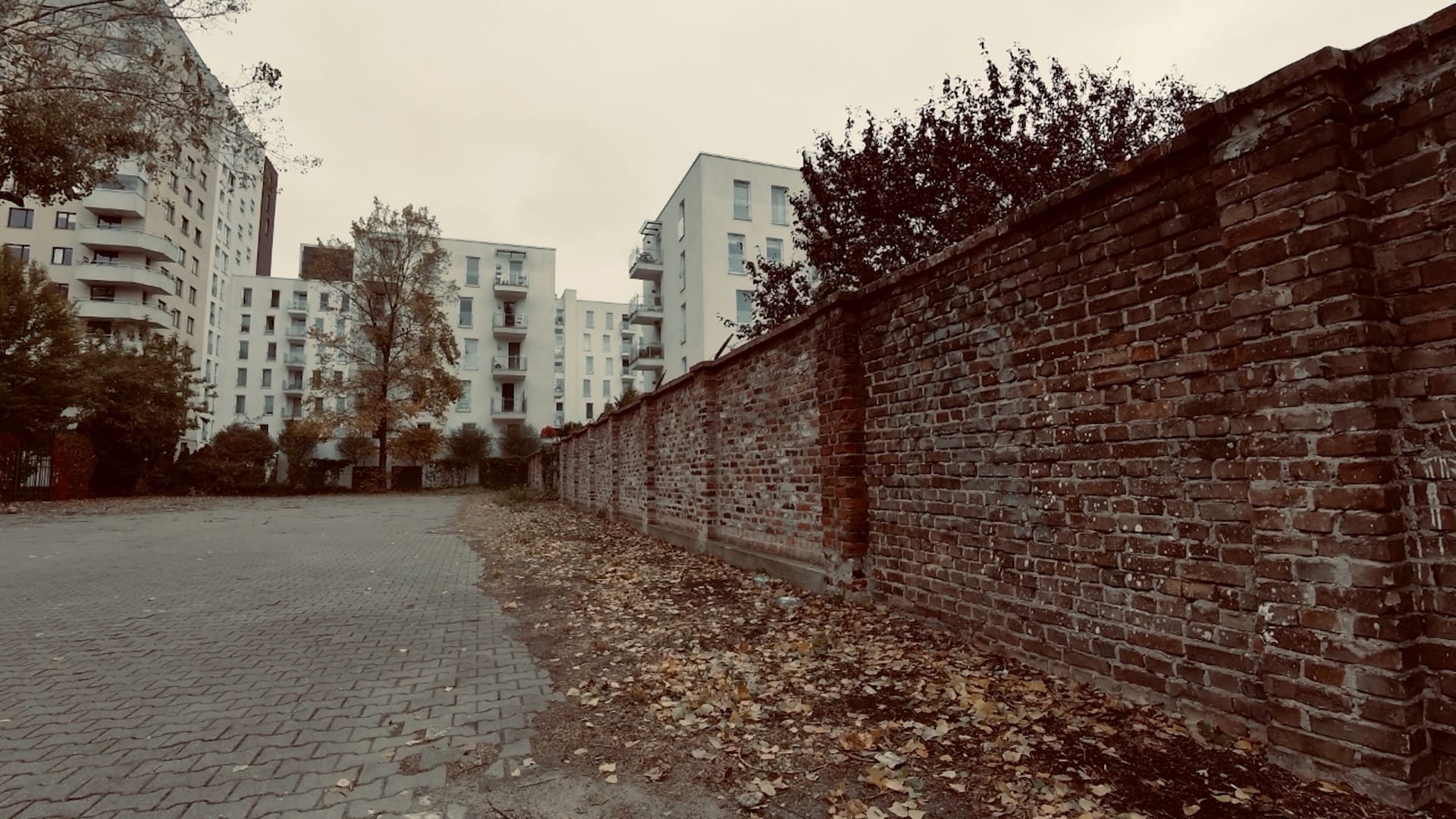
"The Germans surrounded our street at dawn. They ordered everyone out, allowing only a single small package per person. My mother tried to gather some family photographs, but an SS officer struck her hand with his baton. We had fifteen minutes to leave the apartment where my family had lived for generations."
Samuel Willenberg
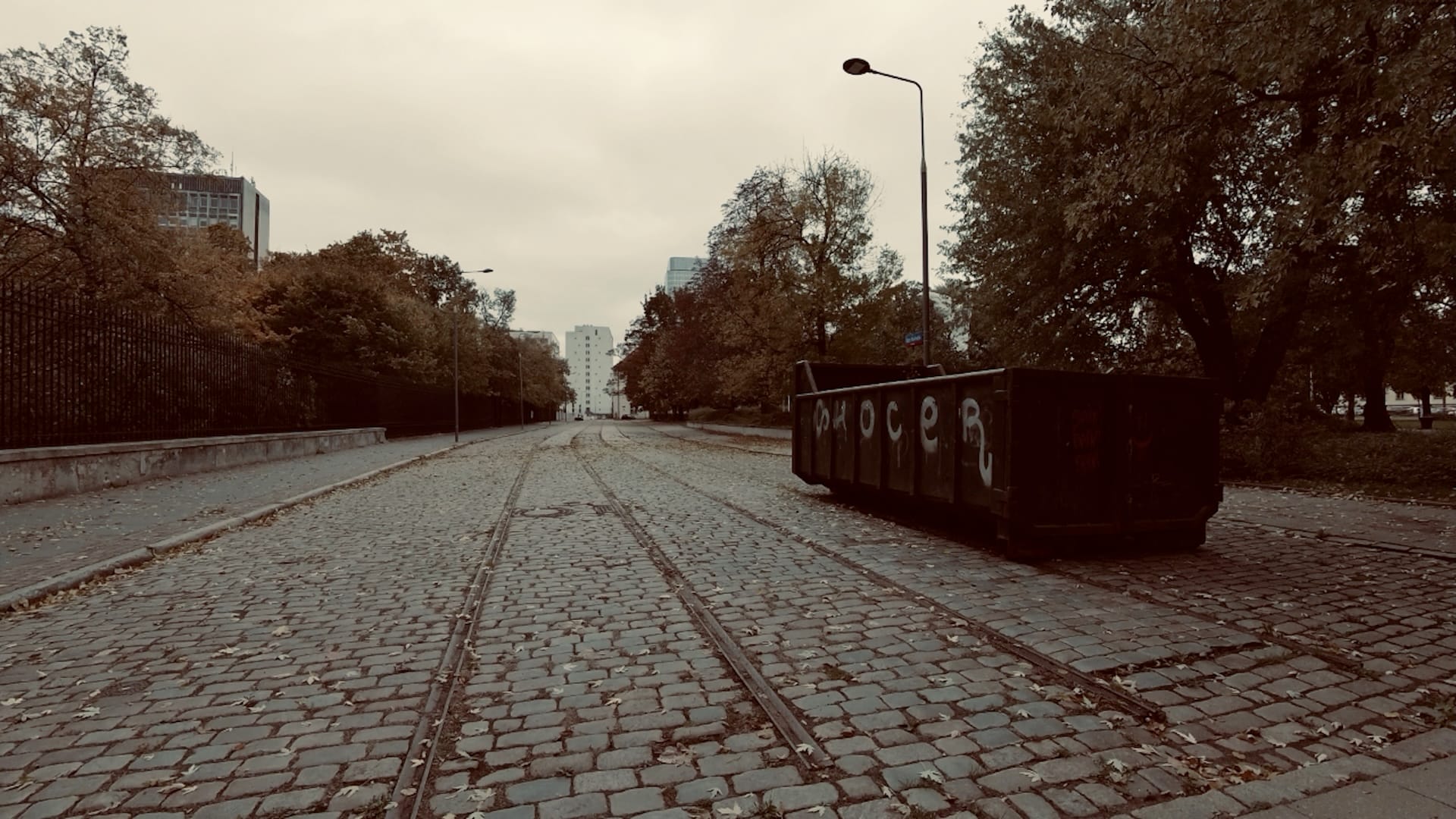
"They ordered us out into the street, into the yard. Shots. Screams. This was no longer an 'action' but a mass expulsion from the ghetto... The street was already crowded with people driven from their homes, carrying bundles, leading children by the hand."
From Halina Birenbaum's memoir "Hope is the Last to Die"
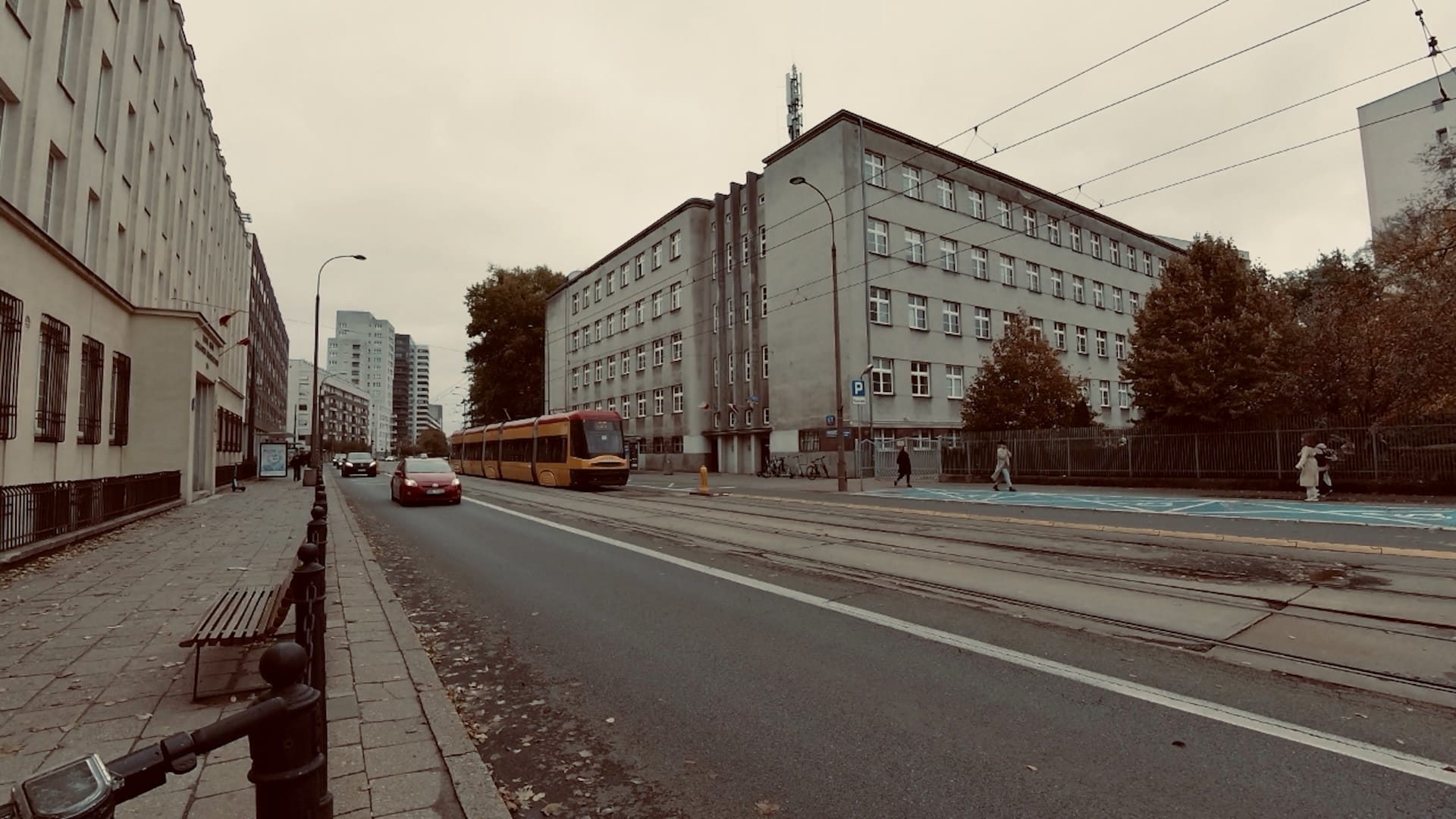
"They came at 6 a.m., hammering at our door with rifle butts. 'Jews out! Five minutes!' they shouted. My mother frantically tried to dress my little sister while I grabbed whatever food I could find. My father stood frozen, still holding his prayer book. The officer laughed at him. 'Where you're going, you won't need prayers.' We left behind everything—our books, photographs, the mezuzah my grandfather had brought from Vilna."
From Janina Bauman's "Winter in the Morning"
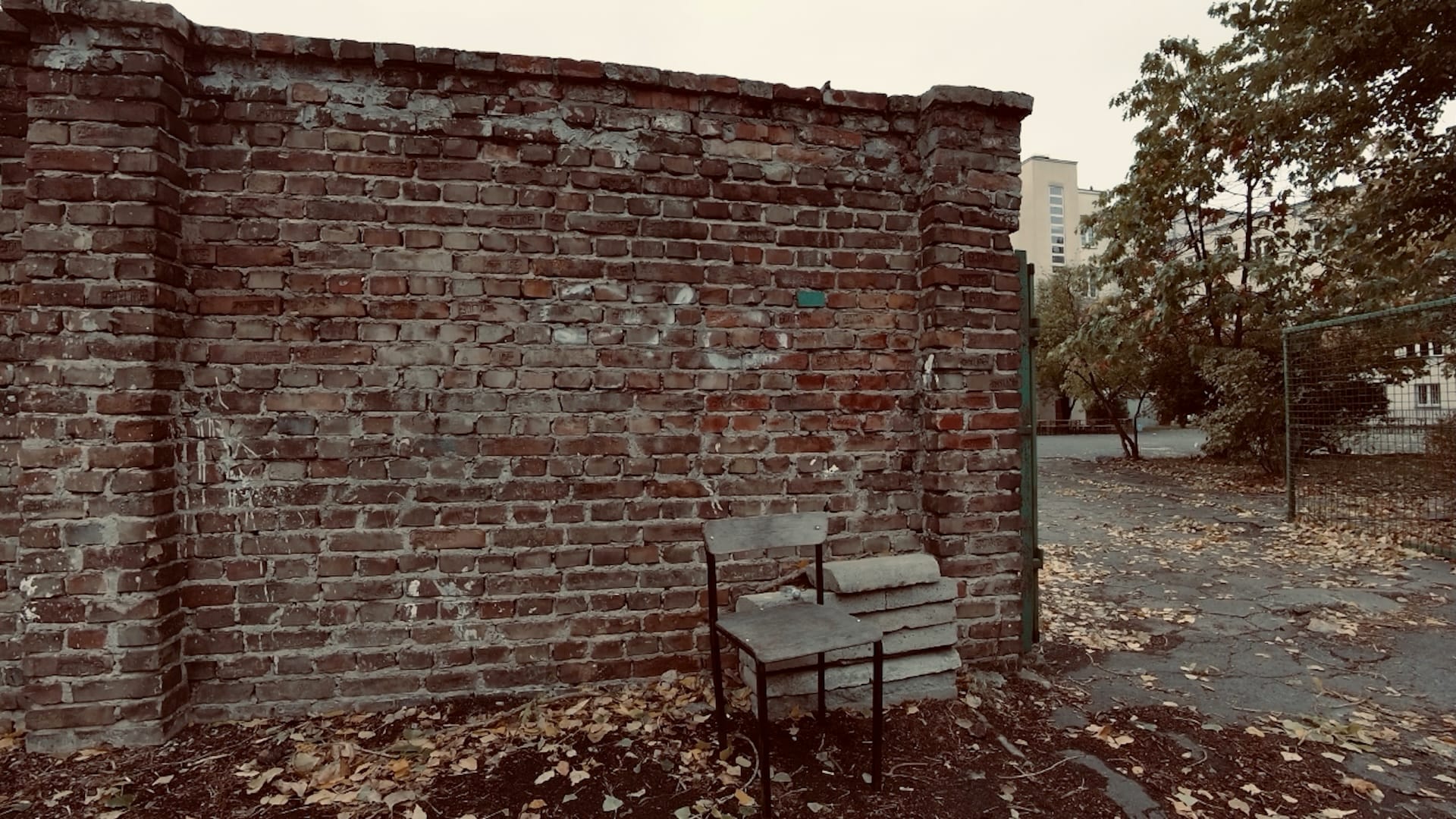
"At the Umschlagplatz, thousands were crammed into a space meant for hundreds. There was no water, no toilets. People were fainting from heat and thirst. Children were crying. The elderly were dying where they sat. We could hear the trains arriving and departing, but we had no idea where they were going."
Abraham Bomba
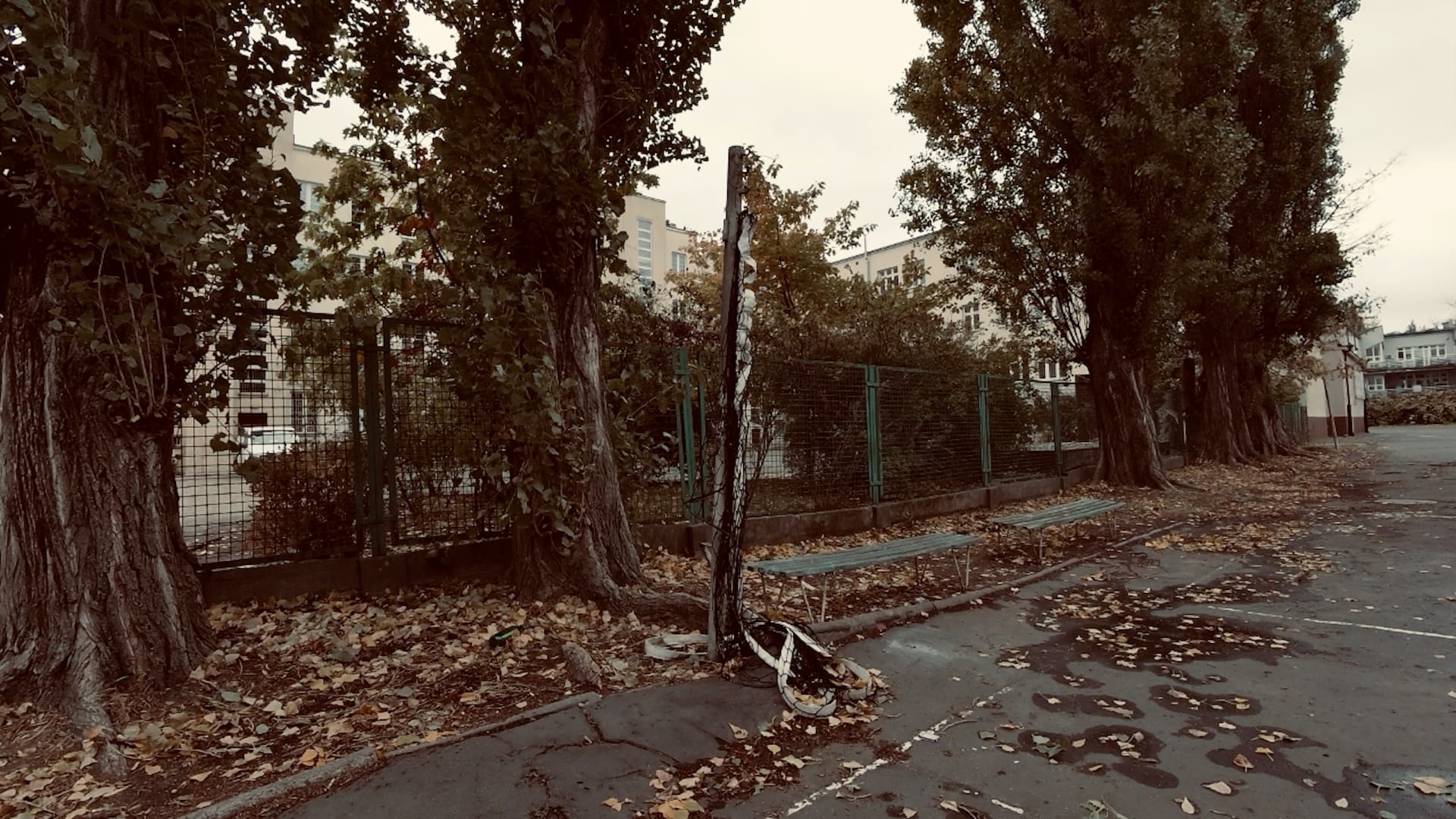
"The Umschlagplatz was surrounded by Ukrainian and Latvian guards who beat people mercilessly. Families tried desperately to stay together. The Germans would often separate parents from children intentionally. The screams of mothers searching for their children still haunt me."
Vladka Meed
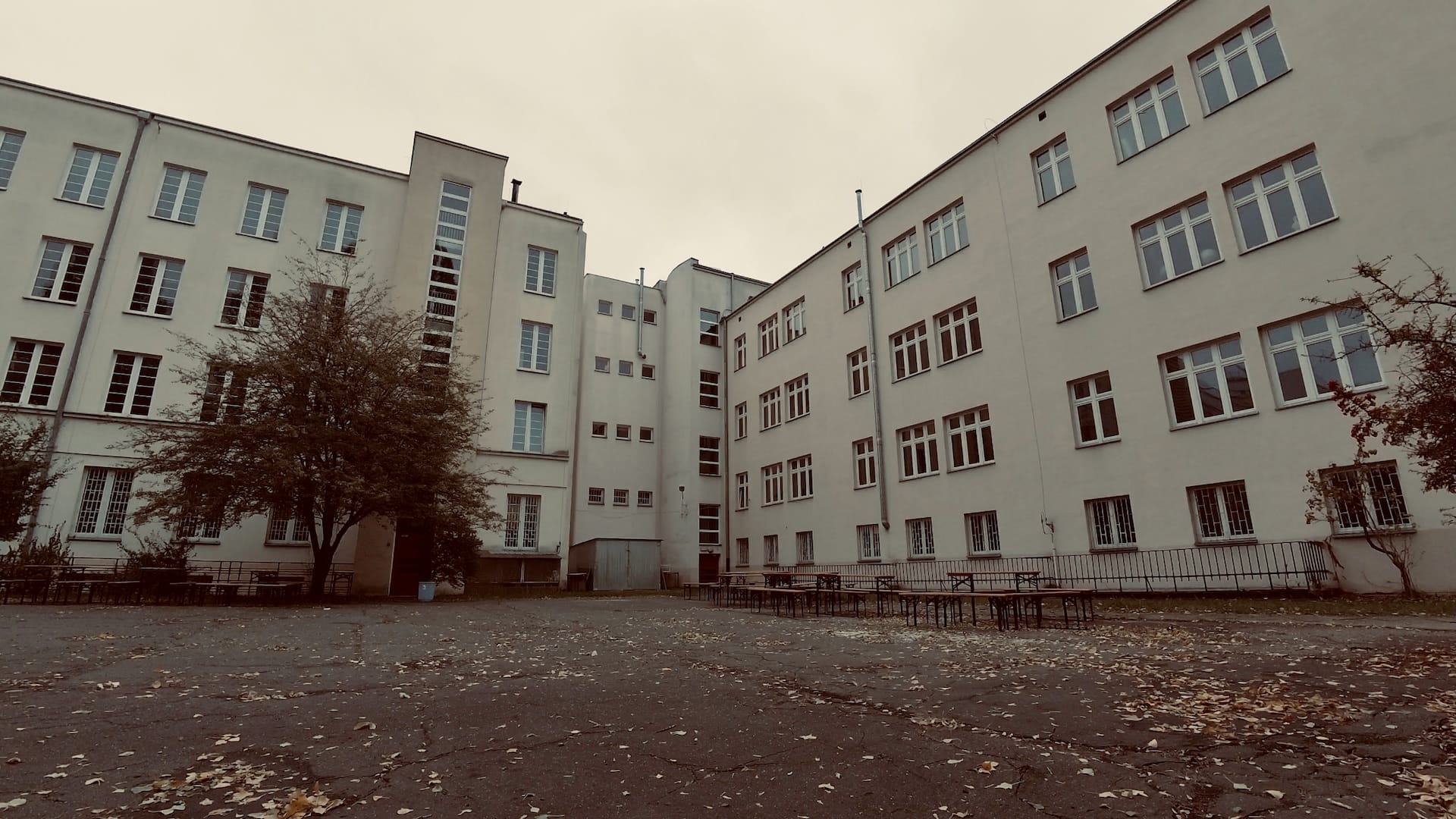
"At the Umschlagplatz, a terrible commerce took place. People offered their last valuables—wedding rings, watches—for a sip of water. The SS men walked through the crowd, selecting the young and strong for labor camps, condemning the rest to Treblinka without saying the name. Children clung to parents, grandparents collapsed from standing for days. The stench of human waste and desperation hung in the air. Periodically, shots rang out—someone who protested or tried to escape."
From Calel Perechodnik's "Am I a Murderer?"
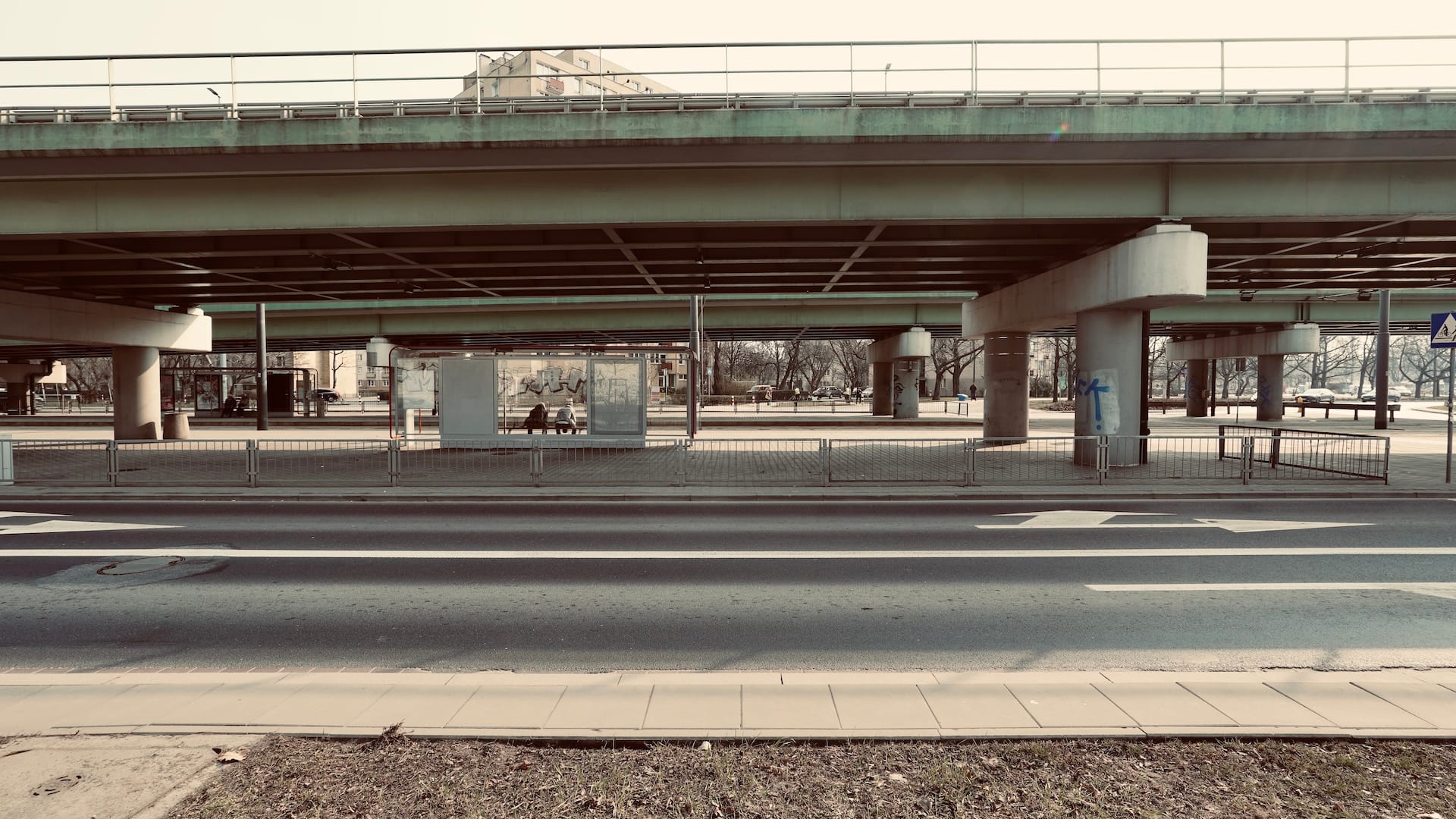
"They packed us into cattle cars, 120 people in a space designed for 40 animals. The doors were sealed shut. There was no water, no food, no toilet. Just a small window with bars. People were standing pressed against each other so tightly that the dead remained standing."
From Jankiel Wiernik's "A Year in Treblinka"
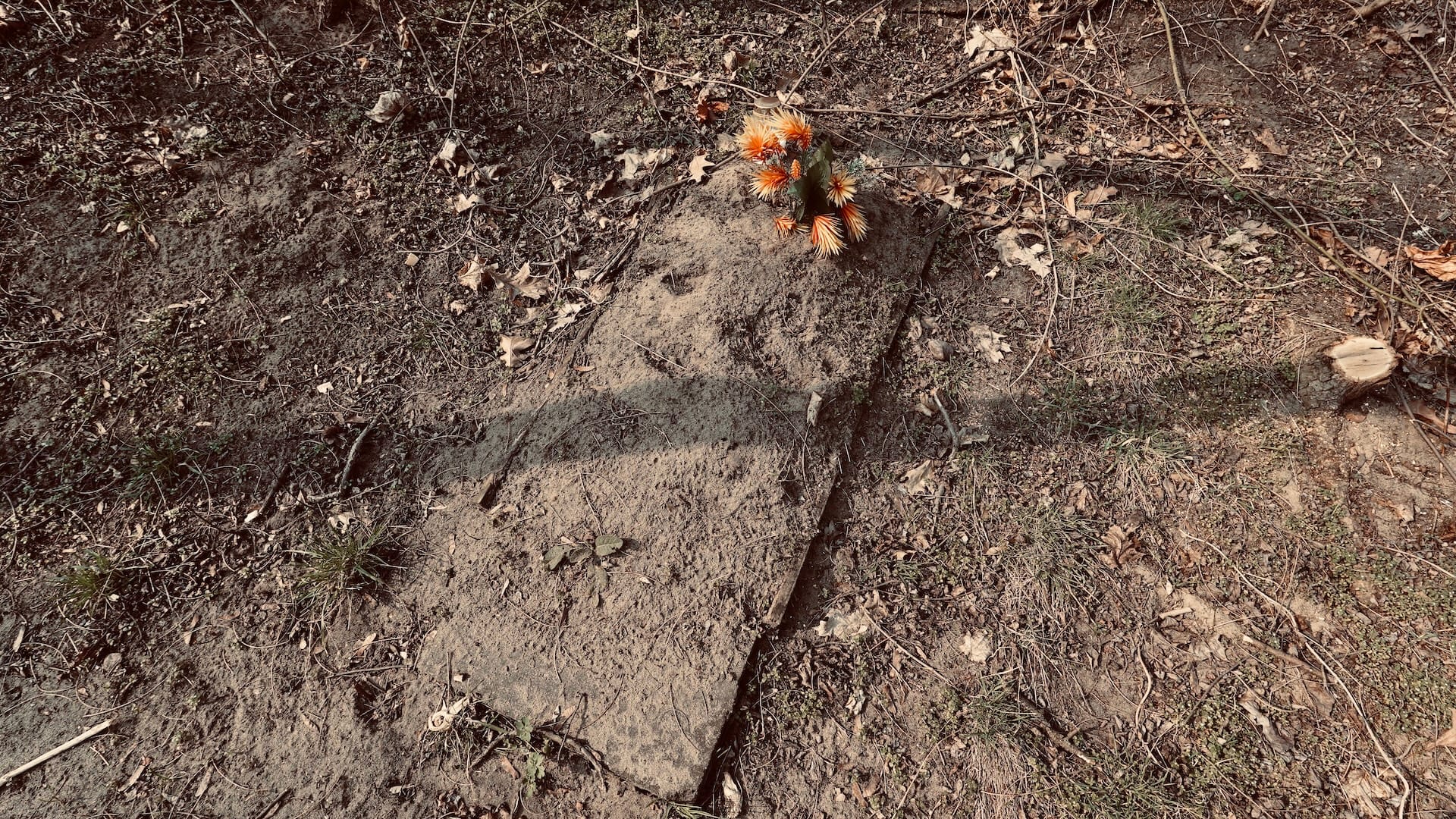
"The heat was unbearable. Children were crying, then falling silent. The elderly collapsed first. Some people went mad from thirst and began drinking their own urine. Others scratched at the wooden walls until their fingers bled."
From Richard Glazar's "Trap with a Green Fence"
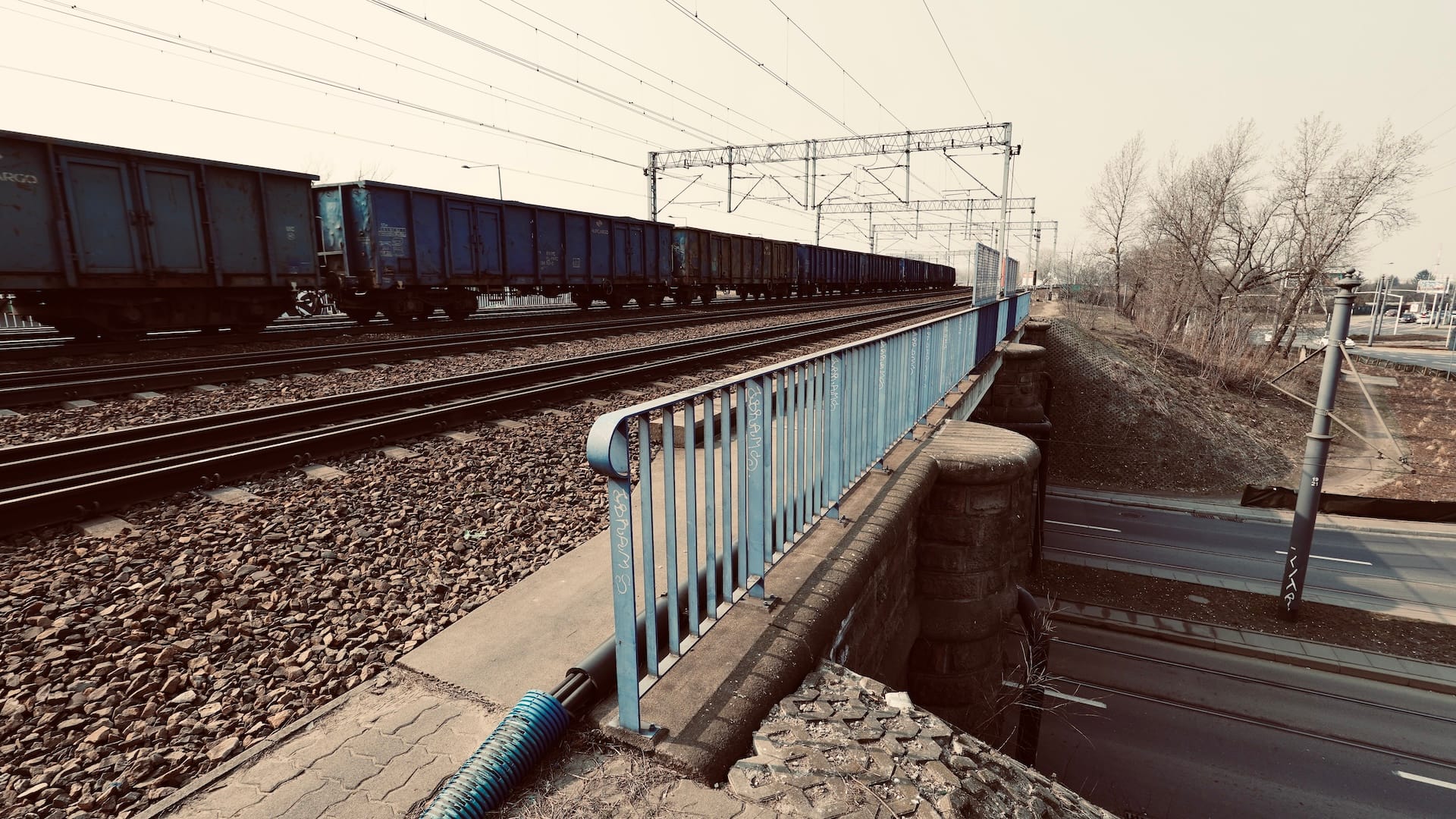
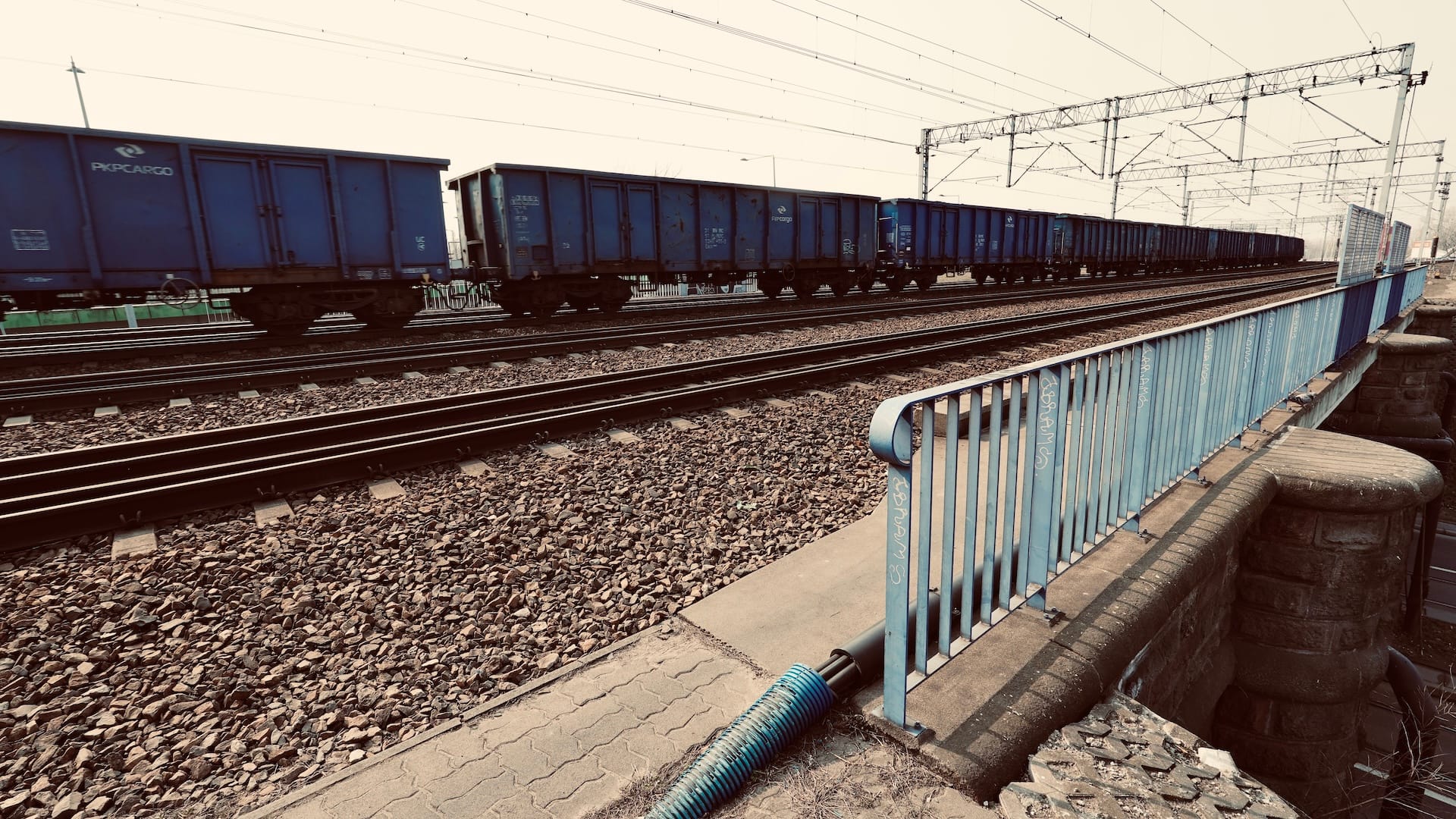
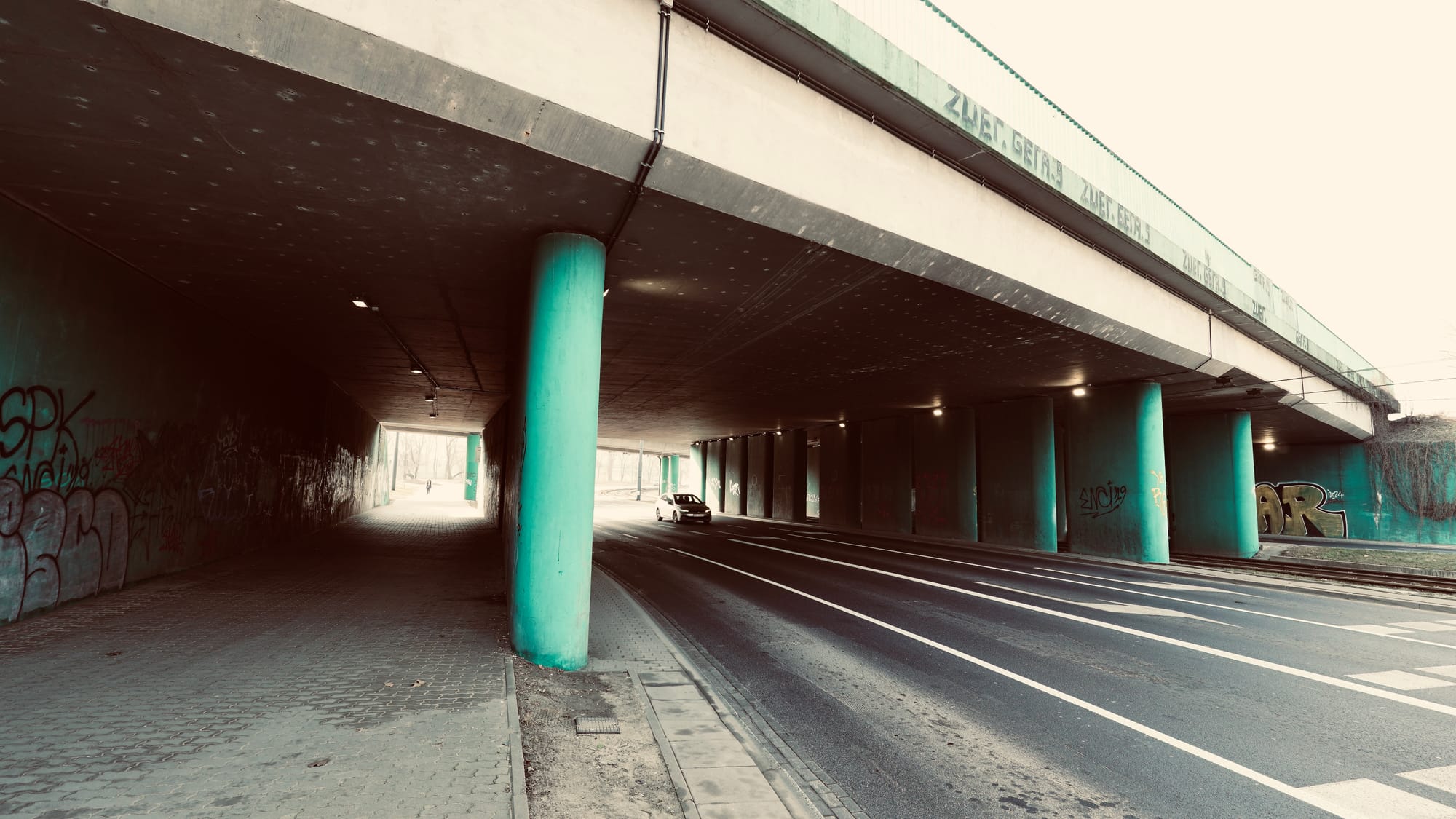
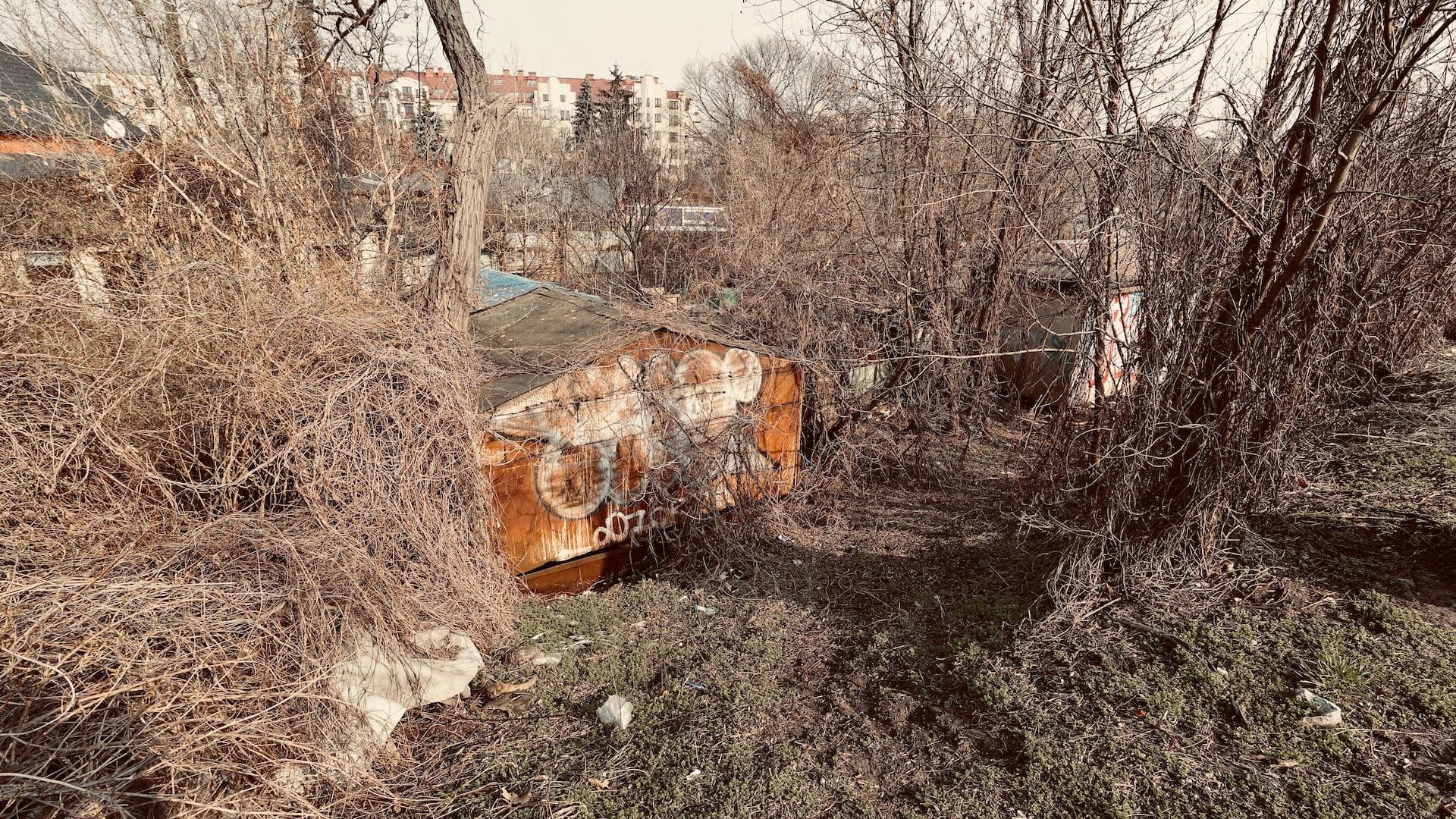
Warsaw to Bialystok line
"They pushed more people into the car than seemed physically possible. We were compressed like matchsticks in a box. A woman gave birth standing up—the baby dropped to the floor and was trampled before anyone could react. Eventually, people stopped speaking. The only sounds were moans and prayers. Outside, through the tiny window, I could see Polish fields and forests passing by, ordinary life continuing while we traveled to our deaths."
Irena Klepfisz
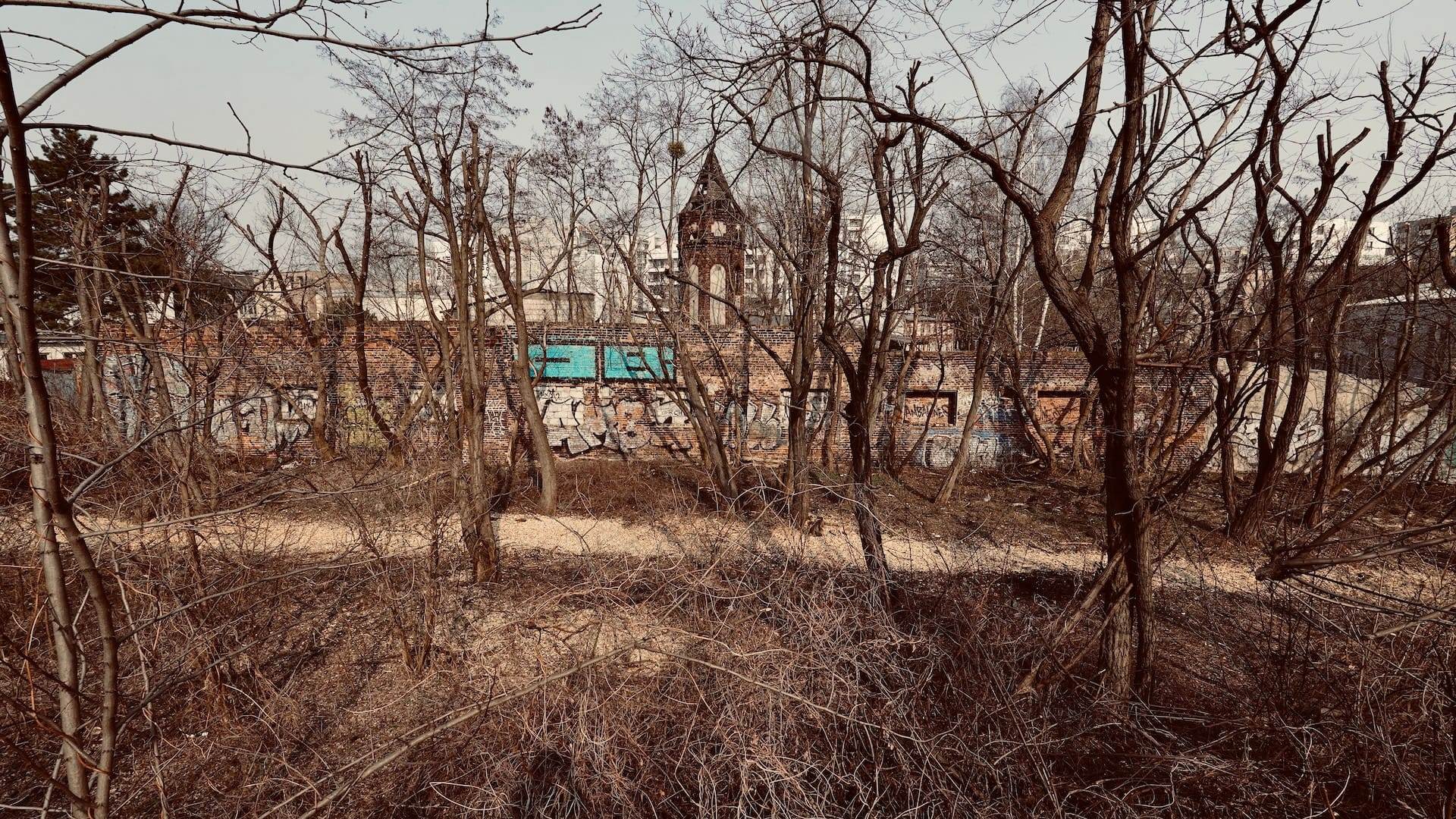
"The journey lasted two days. By the end, we were standing in excrement that reached our ankles. Many had died—from heat, from thirst, from suffocation. When they finally opened the doors at Treblinka, the guards beat us with clubs to make us exit quickly, stepping over the bodies of those who hadn't survived the journey."
From Chil Rajchman's "The Last Jew of Treblinka"
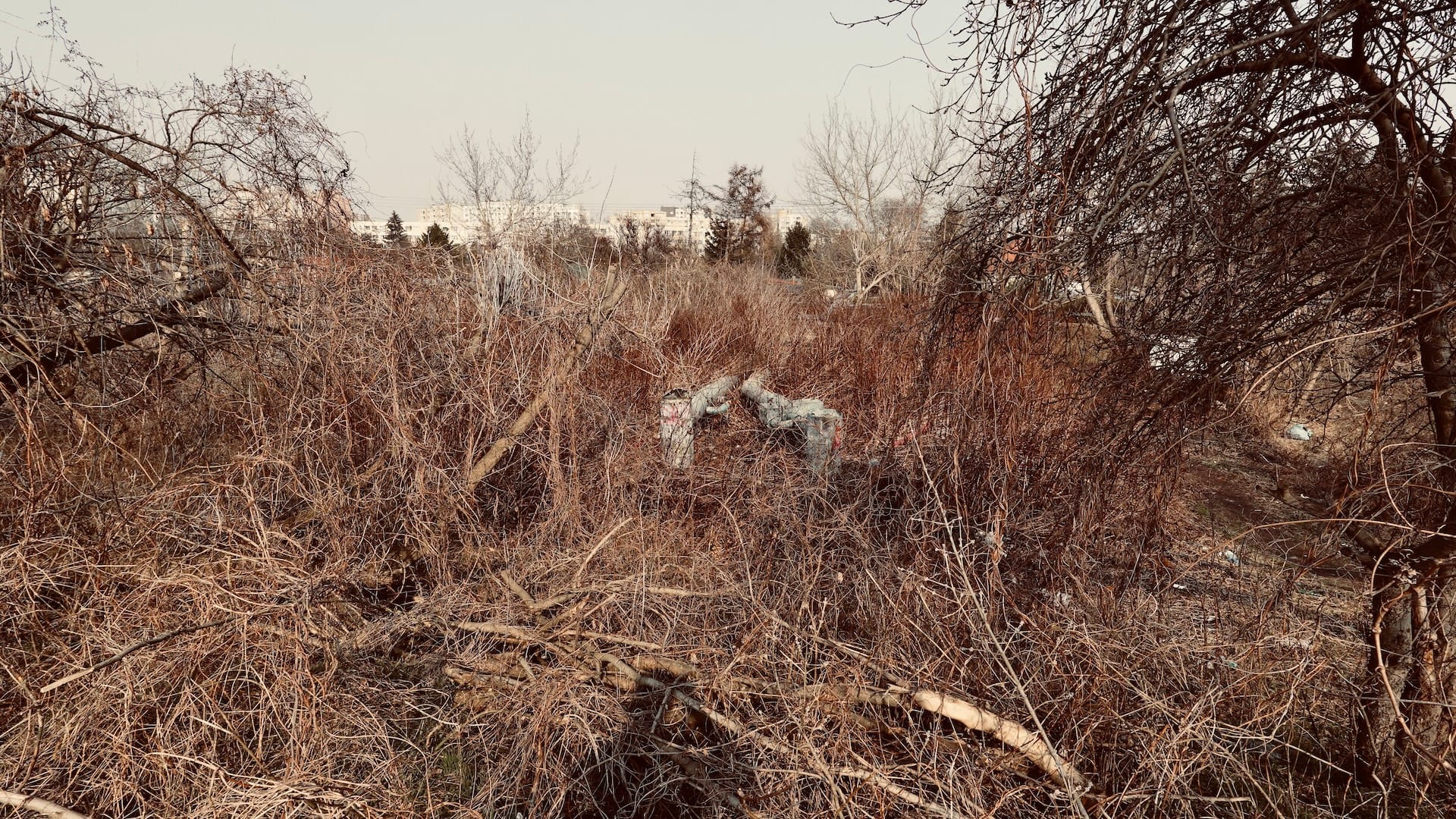
"We couldn't sit or lie down. Some people tried to make room for children or pregnant women. We had one bucket for hundreds of people. The stench was unbearable. By the time we arrived, we were no longer fully human—we were broken, thirsty shadows of ourselves."
Bluma Bergman
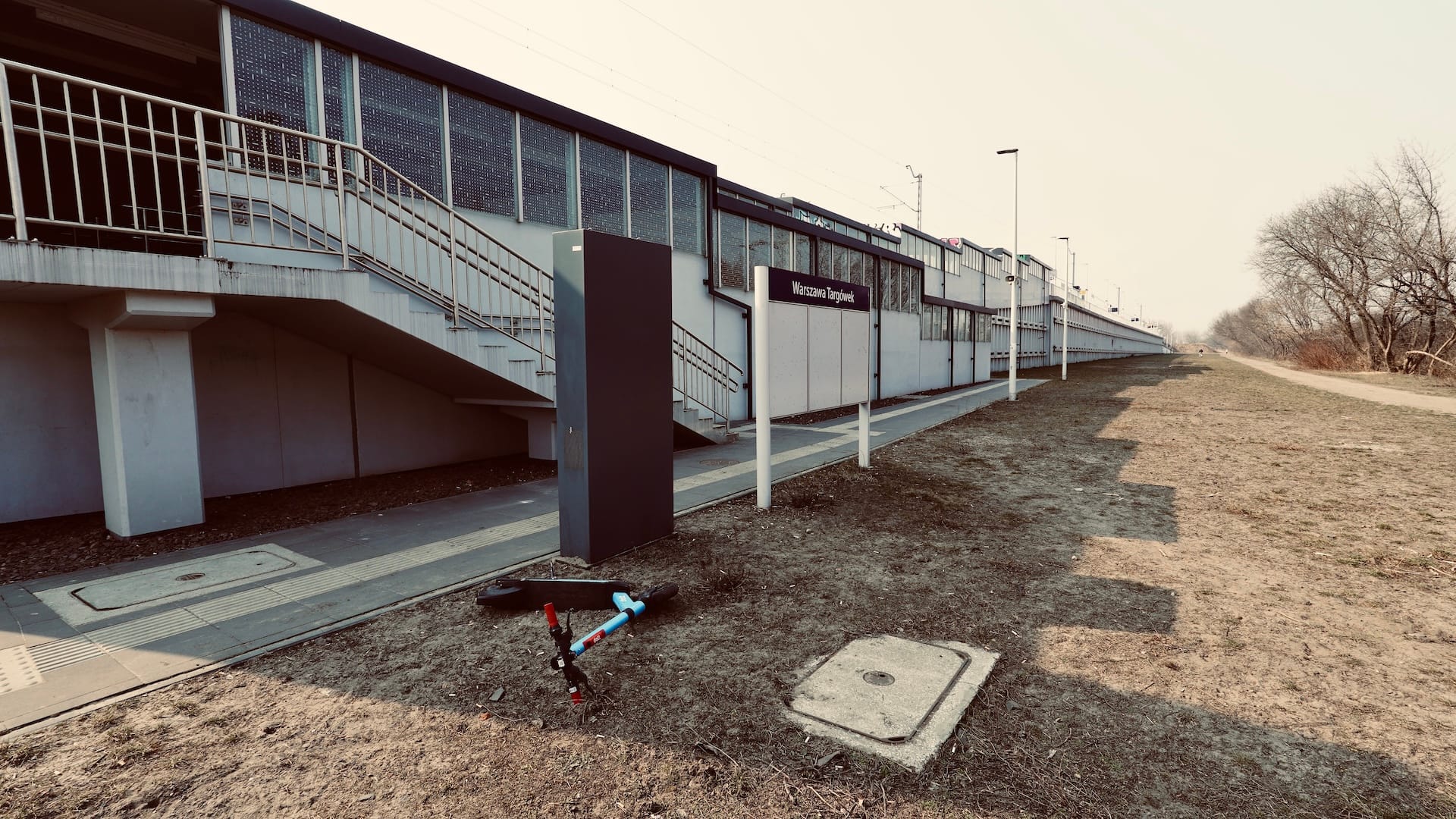
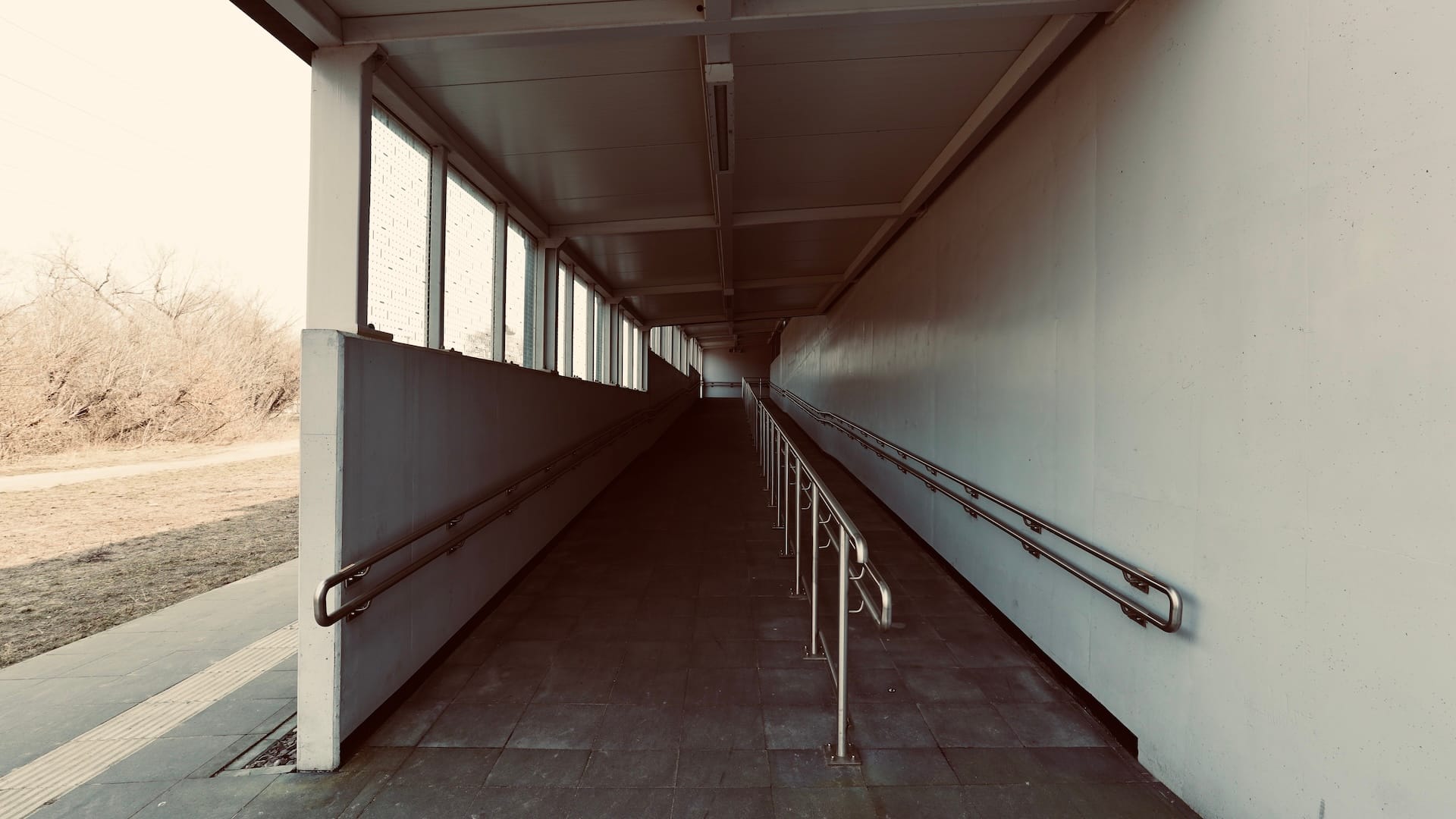
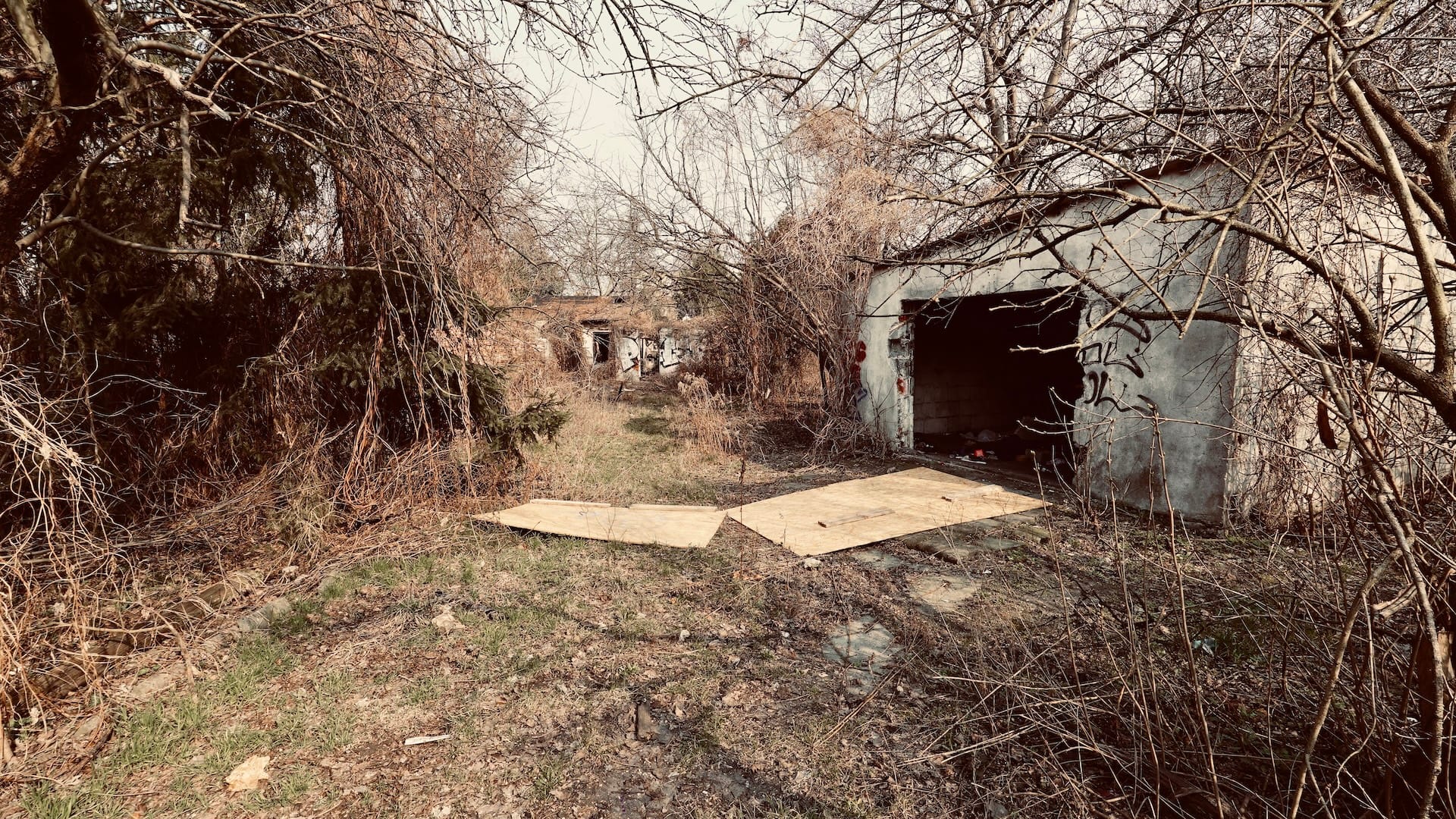
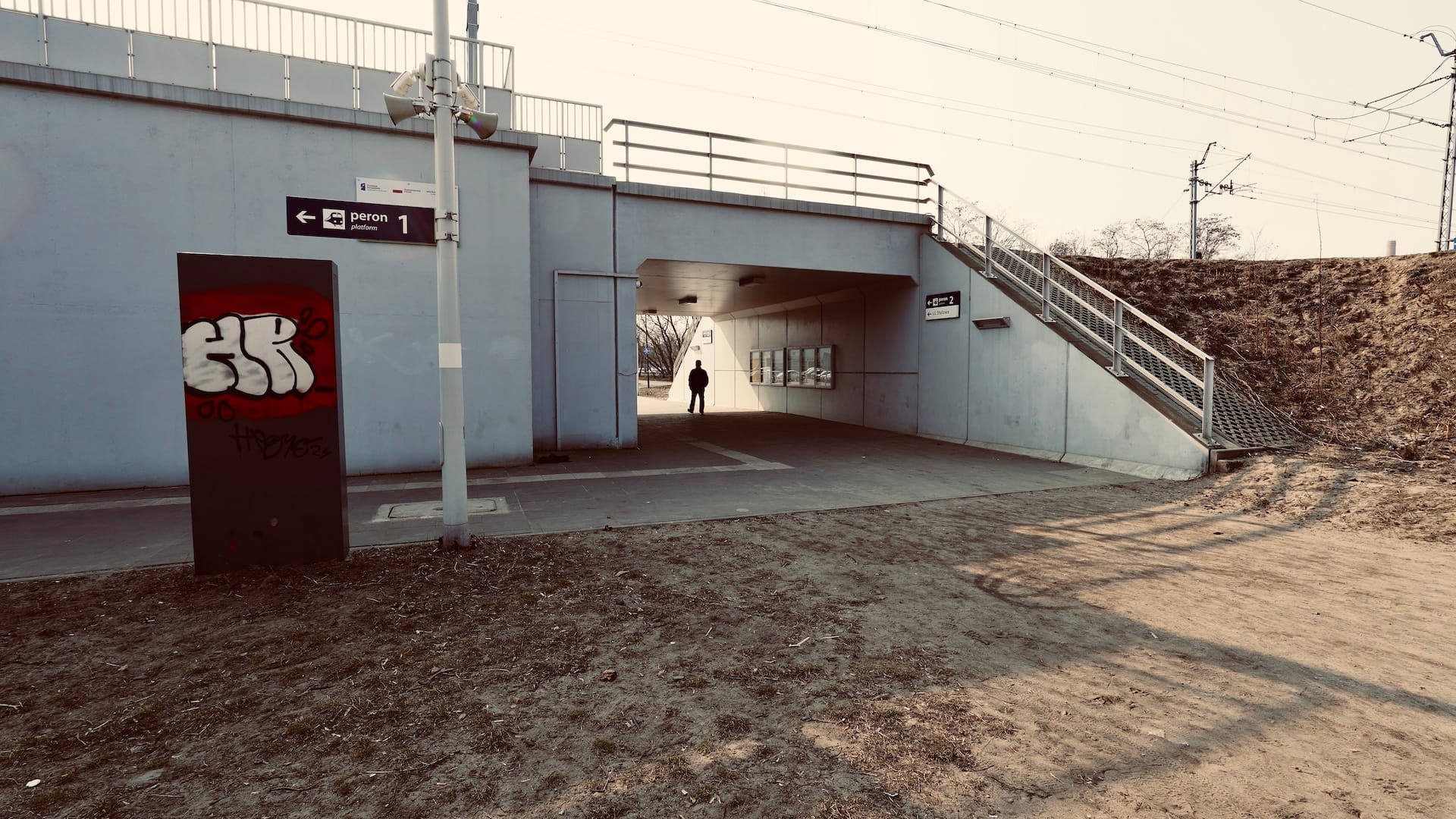
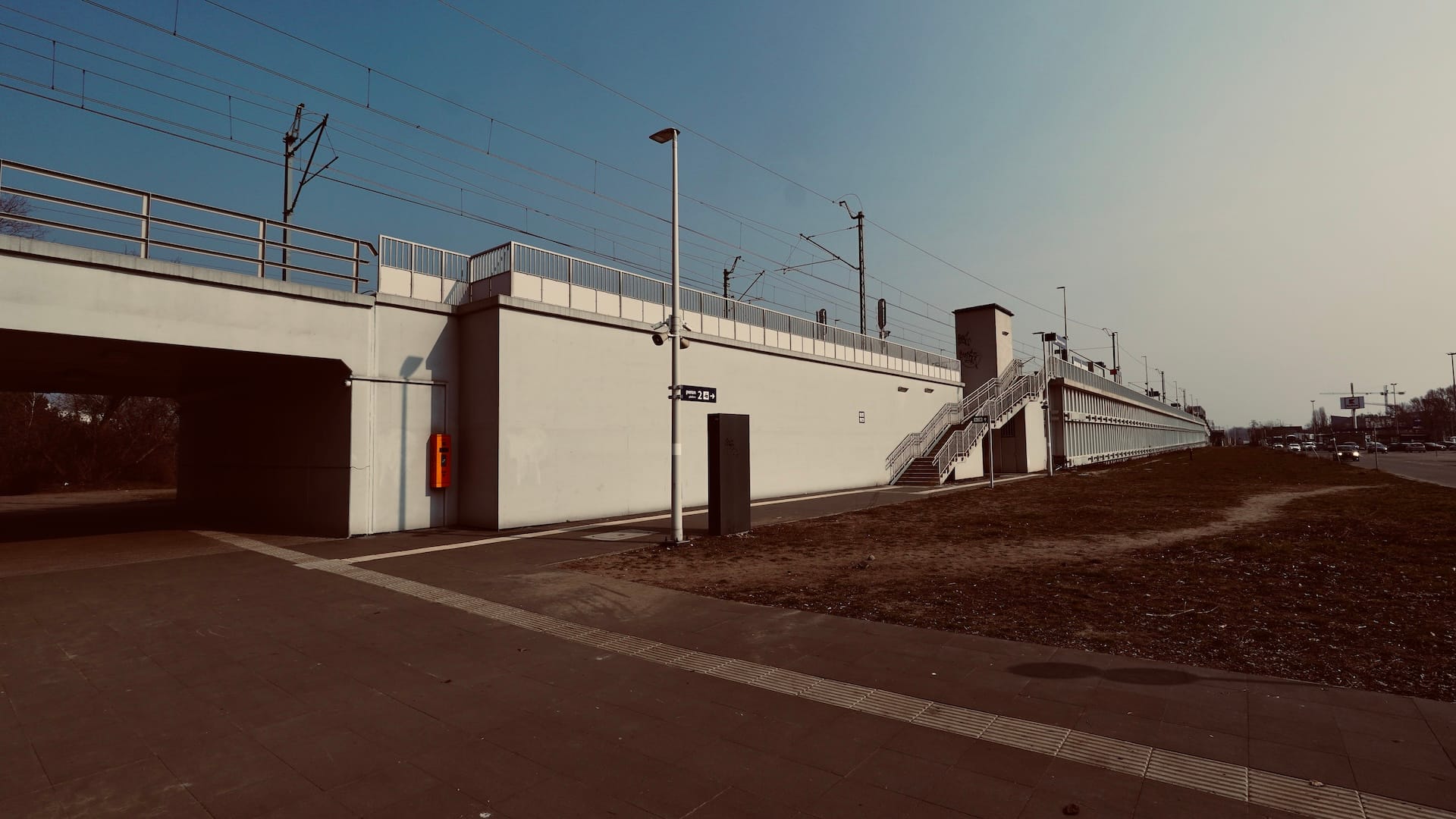
Dworzec Targowa
"On the second day, the thirst became unbearable. When it rained, people desperately tried to catch drops through the small openings. An elderly man next to me died standing up—there was nowhere for his body to fall. A young mother kept showing her dead infant to the guards at stops, begging for water for the baby, not accepting it was already gone. By the time we arrived, perhaps a quarter of our car had died. The rest of us were barely conscious when the doors finally opened to the shouts and barking dogs at Treblinka."
From Oscar Strawczynski's "Ten Months in Treblinka"
